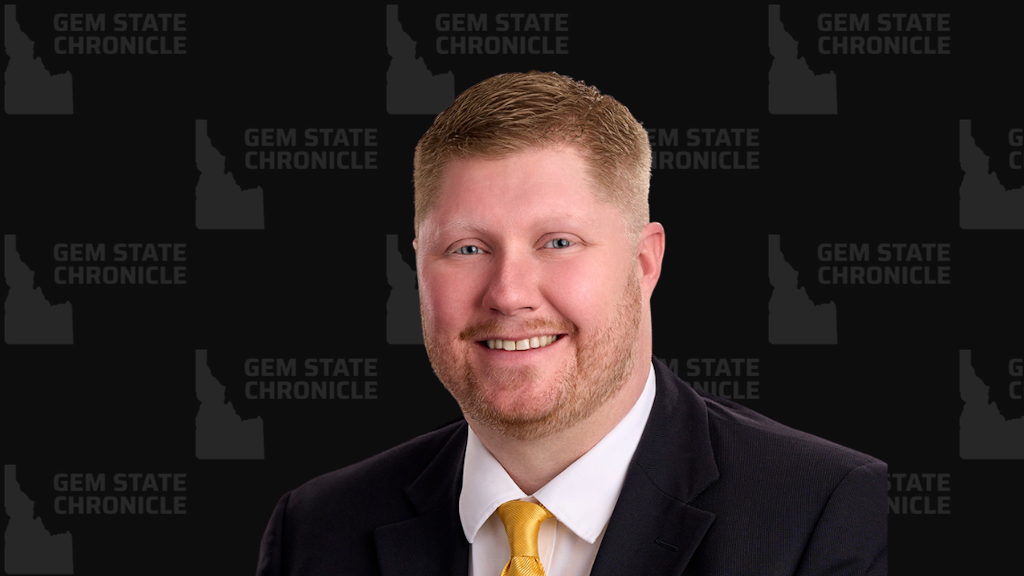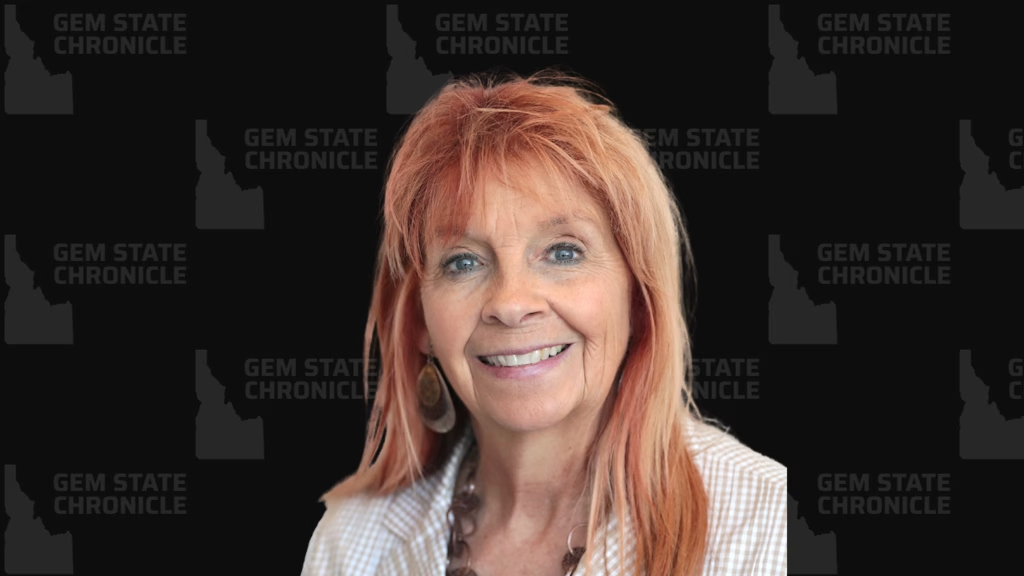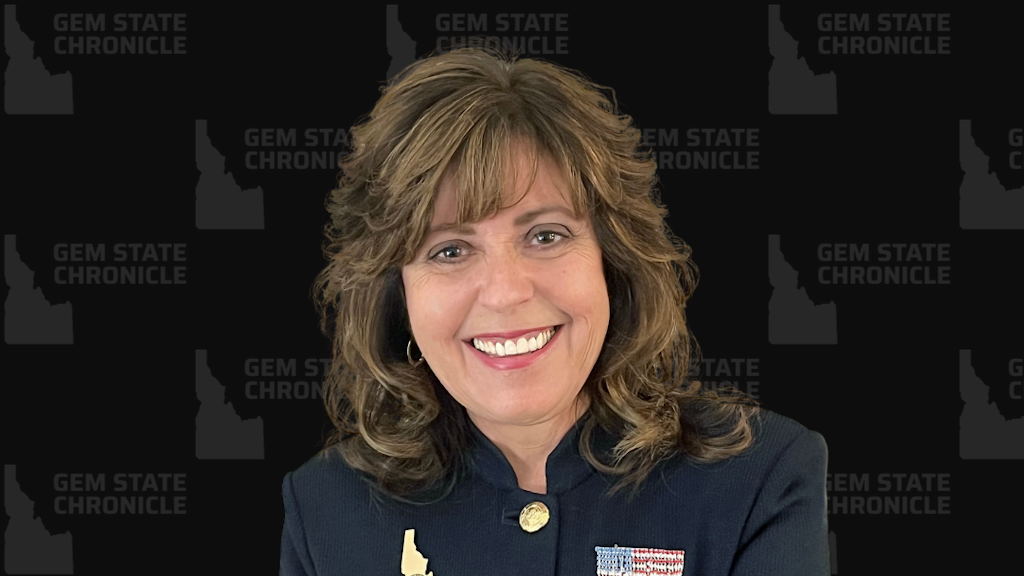By Branden Durst | Originally published at Idaho Education News
The recent 4-4 split in Oklahoma v. Drummond did not alter or answer the fundamental constitutional question surrounding the constitutionality of prohibiting religious charter schools. What it undeniably has revealed, however, is which side of history various groups and individuals intend to stand on—whether they champion religious freedom and parental authority or seek to suppress them. This non-decision leaves the door wide open, affirming that attempts to exclude religious expression from publicly available educational programs will face continued, intense scrutiny, as they unequivocally should.
In short, the battle lines have been clearly drawn.
On one side stands BLUUM CEO, Terry Ryan, and a coalition exemplified by the judicial philosophy of Justices Ketanji Brown Jackson, Sonia Sotomayor, and Elena Kagan. This liberal bloc on the Supreme Court, who opposes religious charter schools like Terry Ryan, consistently champions a vision that actively subordinates parental rights and religious freedom to state control in public education. Just weeks ago, in Mahmoud v. Taylor, these three justices vehemently dissented, arguing against the fundamental right of parents to opt their children out of school curricula featuring LGBTQ+ content when it directly conflicts with their sincerely held religious beliefs.
This is not mere judicial disagreement; it is a clear embrace of state authority over parental conscience, effectively demanding that children be compelled to endure instruction that violates the deeply held values taught within their families. It is also a clear signal of a worldview steeped in religious bigotry.
Their reasoning in Mahmoud—prioritizing administrative order and state curriculum over individual religious objections and parental authority—mirrors their skepticism towards religious charter schools in Drummond. In both instances, their approach reveals a preference for a singular, secular state-defined educational experience, rather than one that accommodates diverse religious and parental choices.
This stance stands in stark contrast to the conservative majority on the Supreme Court and a robust coalition of Republican Attorneys General, all of whom have made it abundantly clear that religious discrimination in public programs is an anachronism that must be relegated to history. During the Oklahoma v. Drummond oral arguments, the conservative justices laid bare the discriminatory nature of Oklahoma’s position.
Justice Brett Kavanaugh characterized Oklahoma’s stance as “rank discrimination against religion,” emphasizing that religious schools are “just saying don’t treat us worse because we’re religious,” a statement he rightly deemed a “core principle.” Justice Samuel Alito pointedly questioned if the state’s position presented a “very serious Masterpiece Cakeshop problem,” directly accusing Attorney General Drummond’s stated motives of “reek[ing] of hostility towards Islam” and highlighting the “unsavory discriminatory history” behind the state constitutional provision at issue. Justice Clarence Thomas meticulously questioned the “state action” argument, dissecting the idea that a privately initiated and controlled charter school should be deemed a government entity simply because it participates in a public program.
All four conservative justices clearly signaled their view that religious charter schools, when meeting all other public charter school requirements, must be allowed to participate without discrimination.
Their powerful arguments were echoed by a significant show of support from states across the nation. A coalition of 12 states, led by the Republican Attorney General of South Carolina, including Alabama, Arkansas, Louisiana, Montana, Texas, Kansas, Nebraska, Missouri, Ohio, Florida, Georgia, and Utah, filed a compelling amicus brief in favor of religious charter schools. This broad alliance of conservative state leaders stands shoulder-to-shoulder with the SCOTUS conservatives, advocating for religious liberty.
But this division doesn’t end at judges and attorneys general.
This widespread support for religious liberty presents an unambiguous divergence from the organizations that opposed religious charter schools as amici in Oklahoma v. Drummond. These groups, aligning themselves with the liberal judicial philosophy and individuals like Terry Ryan, included the Americans United for Separation of Church and State, the American Civil Liberties Union (ACLU), the Education Law Center, the Freedom From Religion Foundation, and the Interfaith Alliance.
On the side supporting religious charters, in addition to the numerous Republican Attorneys General and state officials like Oklahoma Governor J. Kevin Stitt, were organizations such as the Alliance Defending Freedom and the Liberty Justice Center.
The choices are clear: those who seek to restrict religious expression against those who champion religious freedom.
Furthermore, it’s critical to remember that Idaho falls within the Ninth Circuit, where established legal precedent already dictates that charter schools are not, in fact, state actors. The landmark case of Caviness v. Horizon Community Learning Center explicitly ruled that an Arizona charter school was not a state actor for purposes of federal civil rights law, even while receiving public funds. This foundational understanding means that while publicly funded, these schools operate with a distinct autonomy that differentiates them from traditional government-run schools, thus rendering arguments for their secular-only nature baseless and discriminatory.
Terry Ryan’s public statements and efforts to influence charter school development in Idaho raise concerns, particularly his consistent stance opposing religious charter schools. His perspective, while his own, appears to align with those who seek to continue “rank discrimination against religion”. Why should Terry Ryan and his organization, BLUUM, wield such significant influence over Idaho’s charter school development? This is the same BLUUM that advocated for policies such as forced school closures and mandatory masking of children during the pandemic – directives that directly contradicted cherished Idaho values of individual liberty and parental choice.
Given BLUUM’s track record and positions that are fundamentally at odds with the values held by many Idahoans, it is truly questionable that they continue to administer the crucial federal CSP grant. Their influence represents an ideological imposition, not a partnership beneficial to Idaho’s diverse educational landscape.
The bottom line is that religious charter schools are no more and no less constitutional today than they were a month ago.
While there are no current petitions to open a religious charter school in Idaho, should one be submitted, the Idaho Public Charter School Commission (IPCSC) will face a pivotal moment. They must choose which side of history they want to be on: the one that supports genuine religious liberty and educational choice, or the one that continues to propagate religious discrimination. While Terry Ryan stands with the SCOTUS liberals and their allies, I proudly stand with the conservative majority on the Supreme Court, the dozens of Republican Attorneys General, and all protectors of religious liberty.
We would be wise to heed the words of James Madison, the architect of our Constitution and a fervent advocate for religious freedom, when he warned: “The Religion then of every man must be left to the conviction and conscience of every man; and it is the right of every man to exercise it as these may dictate.”
The question is, which side are you on?
About Branden Durst
Branden Durst, MPA, EdS, is the chairman of Brabeion Academy. He is a former Idaho state representative and Idaho state senator and co-creator of the highly successful Advanced Opportunities program.













